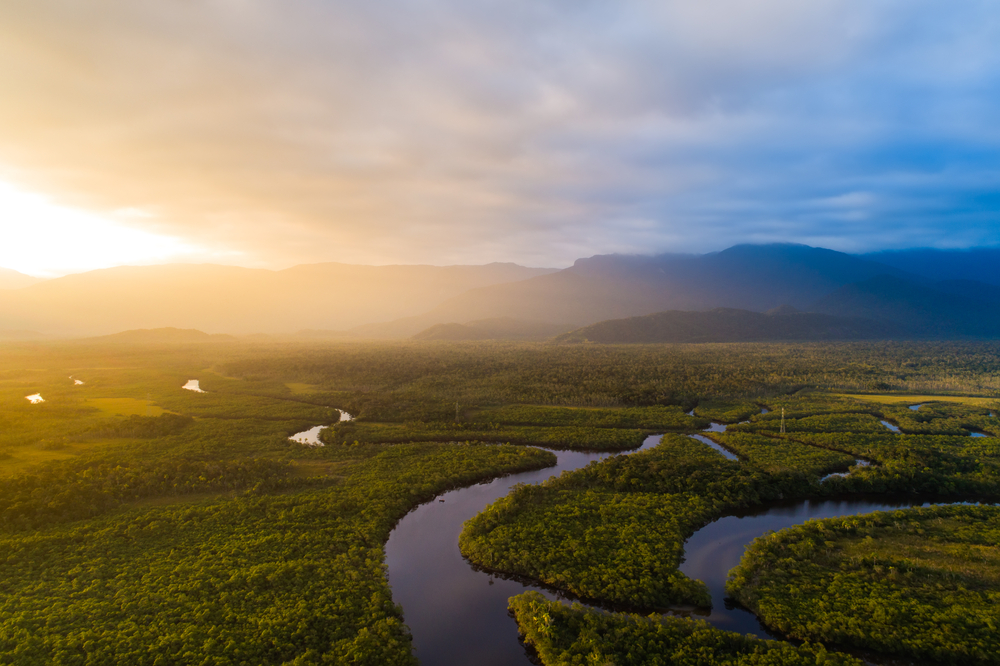Jair Bolsonaro, Brazil’s new president-elect, will make many decisions during his four-year term, from combating violence to stimulating a stagnant economy. Those decisions will have large impacts on Brazilians, who remain deeply divided over the controversial election of this far-right populist. But some of Mr. Bolsonaro’s decisions will affect the entire world, namely his promises to cut environmental protections in the Brazilian Amazon.
The Amazon is the world’s largest tropical rainforest and a major global food exporter. The Amazon Basin also provides the rains that nourish Brazil’s productive croplands to the south, a breadbasket for the world. The rainforest’s destruction could cause large-scale droughts in Brazil, leading to nationwide crop losses.
An estimated 9 percent of Amazonian forests disappeared between 1985 and 2017, reducing the rainforest’s ability to absorb the carbon emissions that drive climate change.
Deforestation is largely due to land clearing for agricultural purposes, particularly cattle ranching. Cattle production has an extremely low-profit margin in the Brazilian Amazon. It also requires a massive amount of land for grazing. Both factors drive Amazonian farmers to continuously clear forest – illegally – to expand pastureland. Today, 12 percent of the Brazilian Amazon, or 93 million acres – an area roughly the size of Montana – is used for agriculture, primarily cattle ranching but also soybean production.

Deforestation decreased substantially from 2004 to 2014 thanks to strict environmental protections passed by President Luiz Inácio Lula da Silva in...


 Search
Search






































